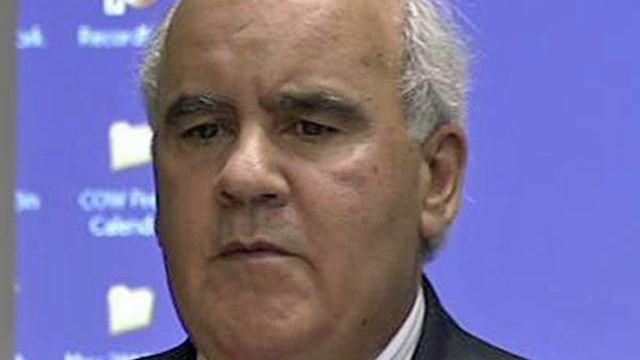Chamber, nonprofit hire 'controlled choice' schools consultant
The Greater Raleigh Chamber of Commerce and Wake Education Partnership have hired a consultant who is a proponent of "controlled choice" to provide input as the Wake County school board forms plans for a community-based student assignment system.
Posted — UpdatedThe chamber, which represents businesses, and the nonprofit, which has worked with the school system for over 25 years, announced Thursday that they have hired Massachusetts-based consultant Michael Alves.
Chamber officials said that Alves, an expert with 35 years of experience crafting student assignment plans, will produce an assignment plan within the next two months.
"We are optimistic that he can offer suggestions that will emphasize proximity, increase school choice and reduce assignments even father than any of the announced proposals to date," said Jim Beck, vice-chair of the chamber's education committee.
Balancing student achievement in order to attract and retain good principals and teachers at all schools is also a priority, Beck said.
He said that any plan created by Alves isn't meant to substitute what the Wake County Board of Education is working on, but is meant as a "meaningful" response to a call by the board for public comment.
The groups alerted the board to Alves' hiring but haven't discussed it any detail, Beck said. School board member Debra Goldman attended the press conference Thursday.
"I think looking at this and opening up to another viewpoint and plan is very positive," Goldman said.
With budget cuts, the school board was unable to afford professional expertise, she said.
In late July, Alves presented a plan called controlled choice to a Wake County Board of Education committee and to leaders of the North Carolina chapter of the NAACP.
The controlled choice plan divides a school system into zones based on a computer model that distributes the student population so that each area is representative of the entire school system. At the time, Alves said that the goal is both to give parents choices about their child's education and to improve "under-chosen" schools.
The school board's move to replace a decade-old assignment policy that included a focus on socioeconomic diversity has drawn protests from the NAACP and a number of community groups over the past six months. Opponents say the change will lead to re-segregation, high teacher turnover and a lower quality of education for low-income students.
Five of the school board's nine members disagree and believe the move, still months away, will help improve test scores and give parents more chances to be involved in their students' education.
The school board committee tasked with generated a map for new student assignment zones released its first draft on Aug. 31 with strong cautions that map is "fluid" and that more data on student performance and financial impacts is needed.
The map, which the committee will use as a model for discussions going forward, creates 16 zones around 21 current or planned high schools. Zones would be grouped into five regions.
The committee is soliciting public comment through Sept. 27.
Goldman said she talked with Alves last July and respects his experience and expertise.
"(If his plan) encompasses diversity, that's a win-win," she said. "What I don't see happening is the board, in general, supporting factors regarding diversity that put scalable numbers or percentages."
Goldman stressed that no matter what plan comes into focus, it has to benefit all students in Wake County.
• Credits
Copyright 2024 by Capitol Broadcasting Company. All rights reserved. This material may not be published, broadcast, rewritten or redistributed.






